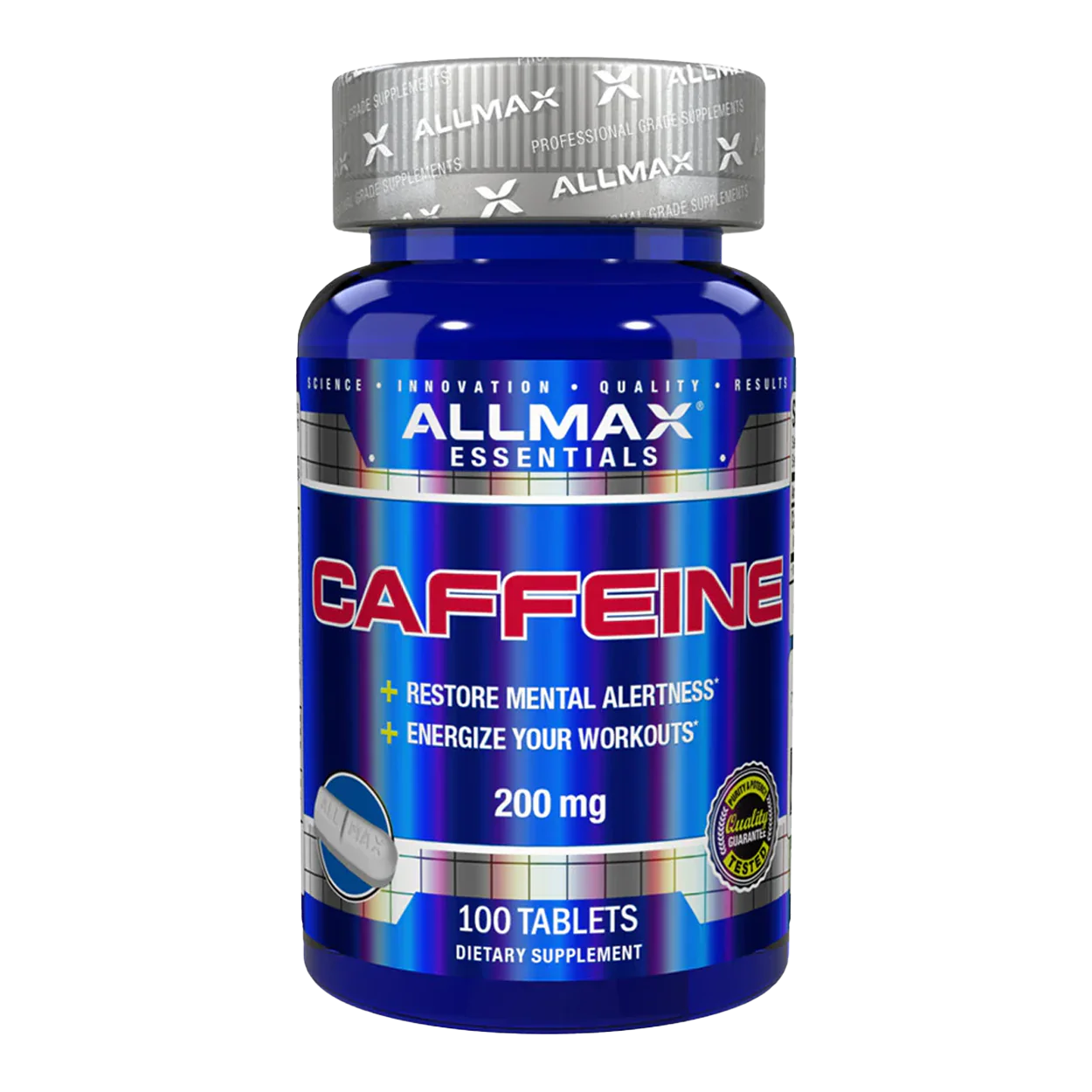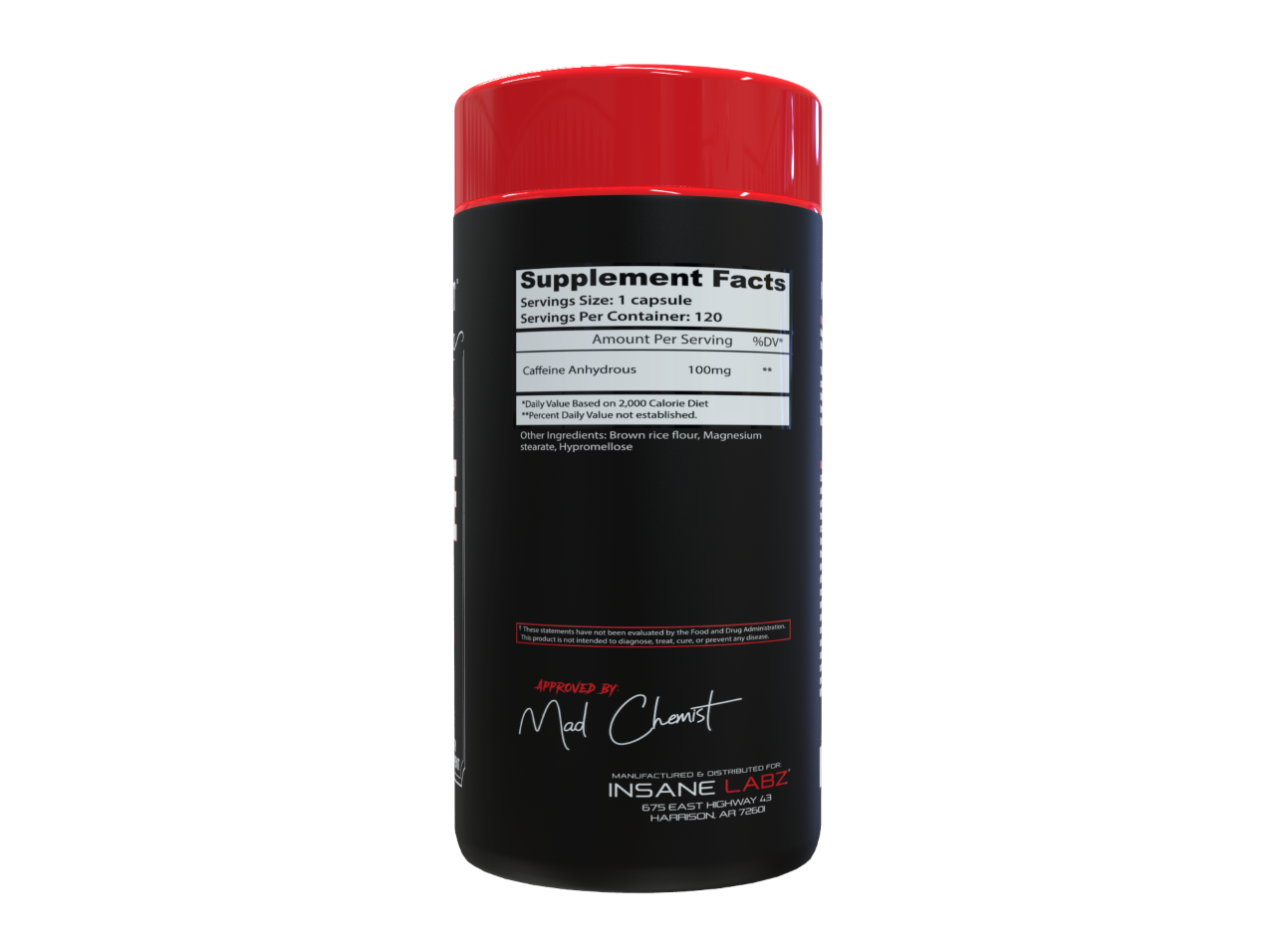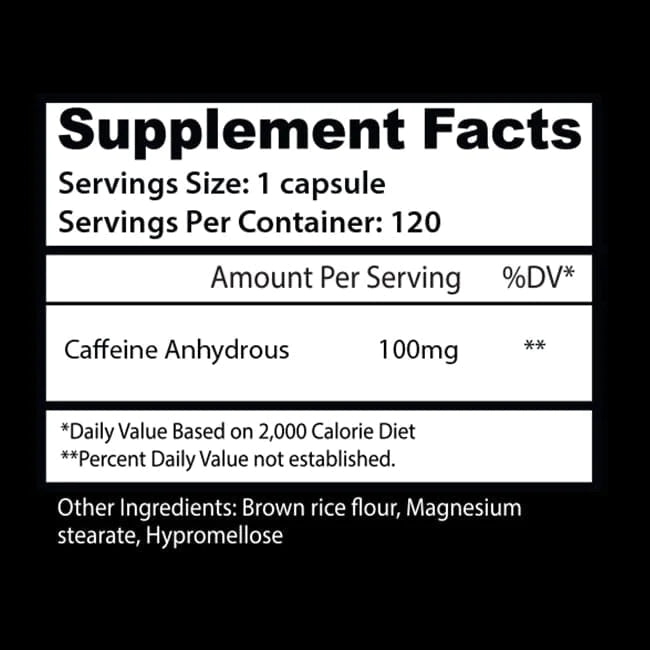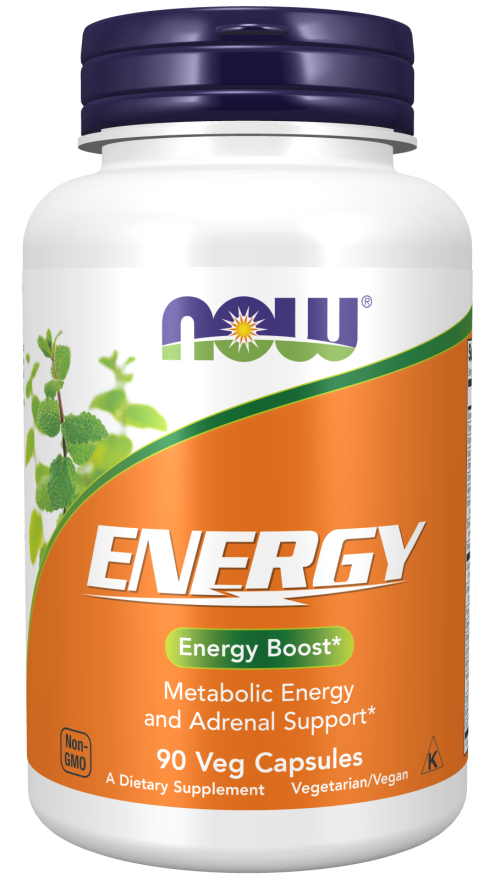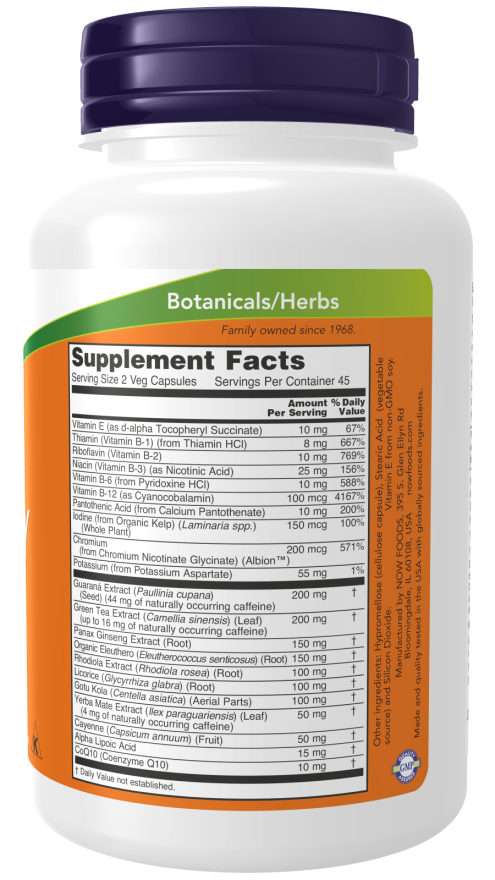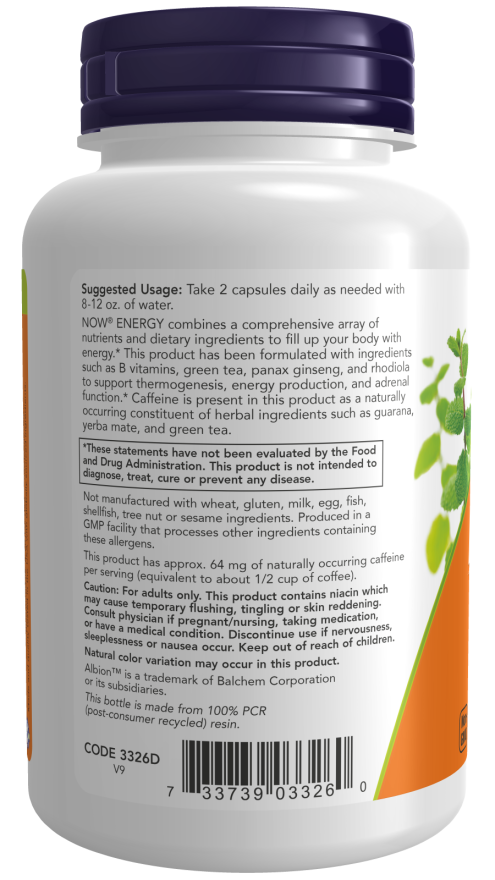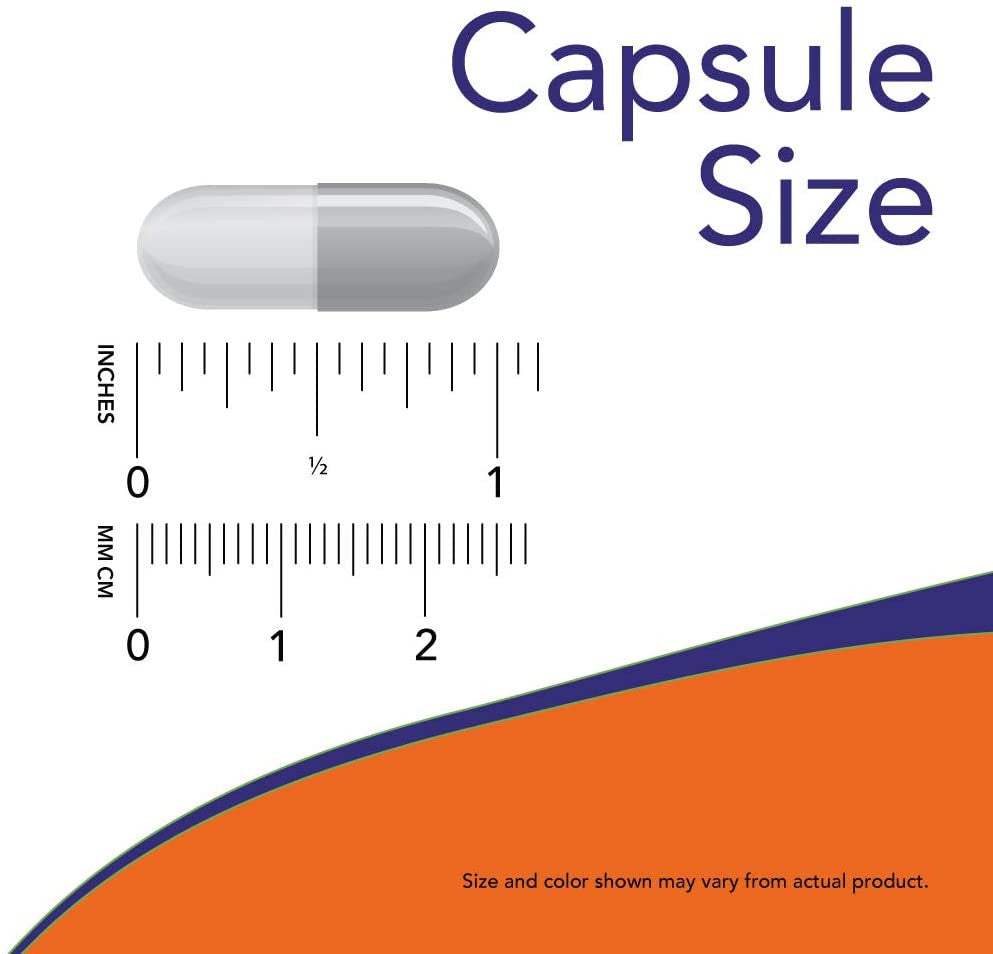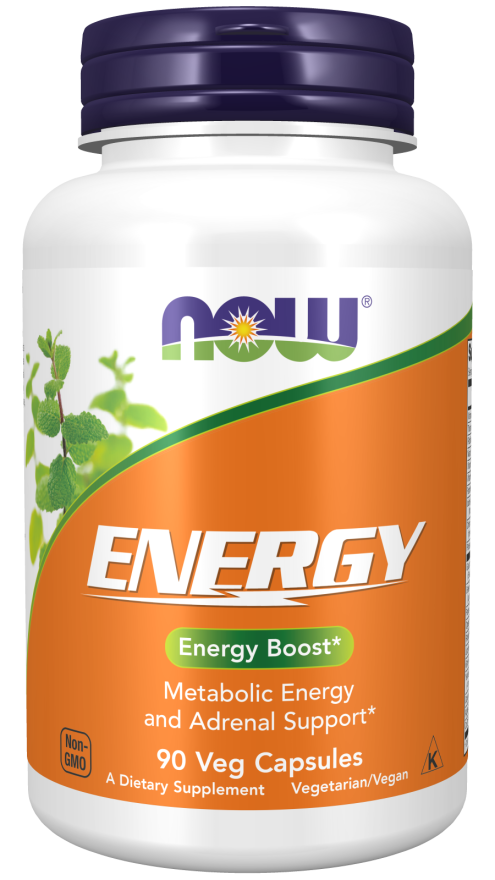Caffeine Supplements for Anyone interested in getting an energy boost & increased fat burning...Learn more.
What is it?
Chemists technically refer to caffeine as an alkaloid. There are several types of alkaloids of which caffeine belongs to a specific class called the methylxanthines. Other methylxanthines include theophylline (used in medicines to treat asthma) and theobromine (found in chocolate). Each of these methylxanthines have stimulant properties. 1
Who needs it?
Anyone interested in getting an energy boost, increasing fat oxidation or burning, or interested in improving physical performance should definitely try caffeine pills!
What is the science on caffeine?
A Pubmed search of ‘caffeine’ produces over 21,000 scientific studies! Suffice it to say that this ingredient/drug/supplement has more supportive science than any other supplement (creatine is a close 2nd). I have never understood why someone who is interested in losing body fat, improving exercise performance, or just getting an energy boost, would not use caffeine! The science is as voluminous as the average American’s waistline!
One study looked at the thermic effect of caffeinated and decaffeinated coffee ingested with breakfast. A higher increase in the metabolic rate was observed after ingestion of the breakfast with coffee containing caffeine than after that with coffee deprived of caffeine.(1) This isn’t brain surgery. Basically, if you eat breakfast (and you better because it’s the 2nd most important meal of the day; [the most important meal(s) are the pre, during, and post-workout ones]) with a cup of caffeinated coffee, your metabolic rate (i.e. the number of calories you burn) is higher in comparison to drinking decaffeinated coffee with breakfast. The American Journal of Physiology showed that caffeine ingestion increased energy expenditure by 9.5% to 11%. The authors of this study said that "older and younger men show a similar thermogenic response to caffeine ingestion."(2) Another investigation examined the effect of an 8 mg/kg caffeine dose on thermogeneis (that's about 560 mg for a 154 pound person).
Thus, we know that caffeine stimulates the metabolic rate in both control and obese individuals; however, this is accompanied by greater oxidation or burning of fat in normal weight subjects.(3) Caffeine pills also gives you an energy boost that’s tangible when you train. Using a double-blind placebo-controlled design, 15 well-trained and 15 recreational runners completed two randomized 5-km time-trials, after ingestion of either 5mg caffeine per kg body weight or a placebo. Caffeine ingestion significantly improved 5-km running performance in both the well-trained and recreational runners.(4)
Caffeine Helps the Sleep-Deprived - Leave it to a bunch of scientists to talk volunteers into not sleeping for long periods of time; they better pay good money or at least give you access to SPIKE or ESPN! One study looked at the reductions in both cognitive (i.e. brain) and physical performance as a result of the loss of sleep.
In this study, there were 16 subjects (average 27 yr, 184 lbs) who completed a double-blind caffeine and placebo trial involving a control day and sleep period followed by 28 hours of sleep deprivation. A 400-mg dose of caffeine was administered at 9:30pm followed by subsequent 100-mg doses at 3:00am and 5:00am. At 10:00pm, subjects began a 2-hour long forced march followed by a sandbag piling task. A treadmill run to exhaustion at 85% of maximal aerobic power was performed at 7:00am of the second day of sleep deprivation.
What did they find? First off, caffeine had no effect on the heart rate or oxygen consumption. But it did decrease what scientists call RPE or ratings of perceived exertion; meaning that the exercise they performed didn’t feel as hard. Furthermore, time to complete the sandbag piling task during set 1 was 6.5% lower with caffeine (12.9 min) compared with placebo (13.8 min). (Hey, the folks in Florida during Hurricane season could use the skills of these fast ‘sandbag pilers!). Not too shabby.
Interestingly, a combination of L-theanine and caffeine may be even better. In a recent study, the acute cognitive and mood effects of L-theanine (250mg), and caffeine (150mg) were examined, in isolation and in combination. The combination also led to faster simple reaction time, faster numeric working memory reaction time and improved sentence verification accuracy (not sure what that last one is but it requires your brain working hard!). 'Headache' and 'tired' ratings were reduced and 'alert' ratings increased.(5)
Side Bar
Q: What’s an effective dose of caffeine for enhancing exercise performance and promoting a boost in energy and fat burning?
A: A range of 200-600 mg will work for most individuals.
Q: Can you overdose on caffeine?
A: There was a case of a 20-year-old bulimic woman who ingested 20 grams of caffeine in a suicide attempt. After being evaluated and discharged from the emergency department, she was readmitted with ECG changes and ultimately found to have sustained a subendocardial infarction. Keep in mind that these doses are over 11-fold greater than a typical daily serving of caffeine. Or to put in perspective, a 20 gram dose of caffeine would be equal to 78 Diet Cokes (in the first case) and 438 Diet Cokes (in the second case). The LD_50 of caffeine (that is the lethal dosage reported to kill 50% of the population) is estimated by some to be 10 grams for oral administration. Caffeine, when used correctly, is one of the safest ergogenic aids in the world.
Q: Can caffeine increases the risk of heart disease?
A: Contrary to common belief, the published literature provides little evidence that tea and/or caffeine in typical dosages increases the risk of infarction (i.e. heart attack), sudden death or arrhythmia. (6) Also, long-term coffee consumption is associated with a statistically significantly lower risk for type 2 diabetes.(7)
Q: Does caffeine cause cancer?
A: There’s no evidence that caffeine increases your risk of cancer. In the Swedish Mammography Screening Cohort, a large population-based prospective cohort study in Sweden comprising 59,036 women aged 40-76 years. Scientists found in this large cohort of Swedish women, consumption of coffee, tea, and caffeine was not associated with breast cancer incidence.(8) In a case-control comparison of 323 women with benign breast disease and 1,458 controls, no differences were noted in the coffee and tea consumption patterns of the cases and controls.(9) Even mice given caffeine showed an inhibition of tumor formation in high-risk mice. (10)
Author: Dr. Jose Antonio,








